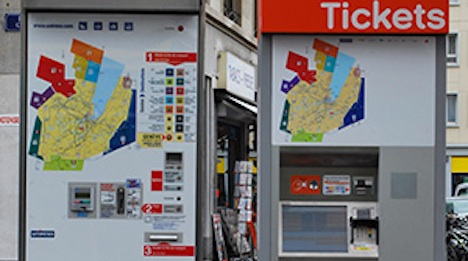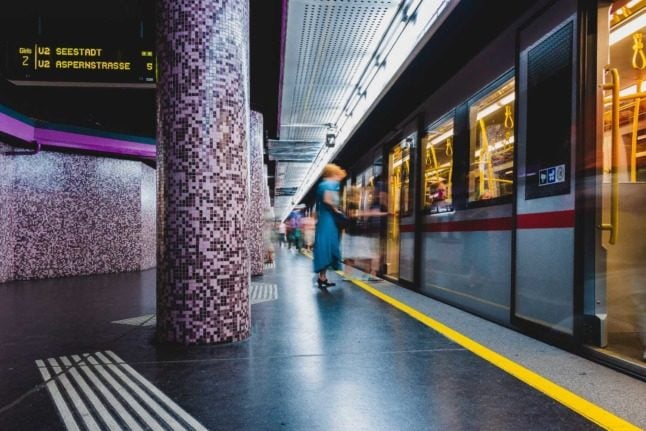The technique is simple enough.
Fraudsters insert coins that are similar to Swiss ones, such as the five-franc piece, into the vending machine.
They then punch in a request for the cheapest possible ticket and pocket the returned change.
Two citizens from Eastern European countries were caught last fall after they trousered 1,400 francs from Lausanne public transport (TL) vending machines, 20 Minutes reported online.
The used old Russian rubles no longer in circulation, which the vending machines identified as five-franc pieces, the newspaper said.
Valérie Maire, a spokeswoman for TL, said the transit authority now has means to detect such fraudulent schemes.
“The introduction of improper coins triggers an alarm,” Maire told 20 Minutes.
“TL staff can intervene rapidly and blow the whistle on the fraudster,” she said.
Since such scammers often stay a long time in front of vending machines to make as much money as possible they also attract attention, she said.
New vending machines that are more sensitive to foreign currency will solve the problem and they are reportedly being introduced progressively in Lausanne and Geneva.
In Geneva, the problem reflects its status as an international city.
The Geneva transport authority (TPG) reported that 15,000 foreign coins were inserted in its vending machines last year, 20 Minutes said.
TPG is not disclosing what its losses were.
The Geneva transport system has a total of 872 ticket vending machines, including 522 older models that do not give change, according to information on its website.
The new machines, 350 in all, give change and accept euros in addition to francs and a variety of credit and debit cards.
TPG has a free telephone number — 0800 12 27 27 — that customers can call if they note a problem with vending machines.



 Please whitelist us to continue reading.
Please whitelist us to continue reading.
Member comments